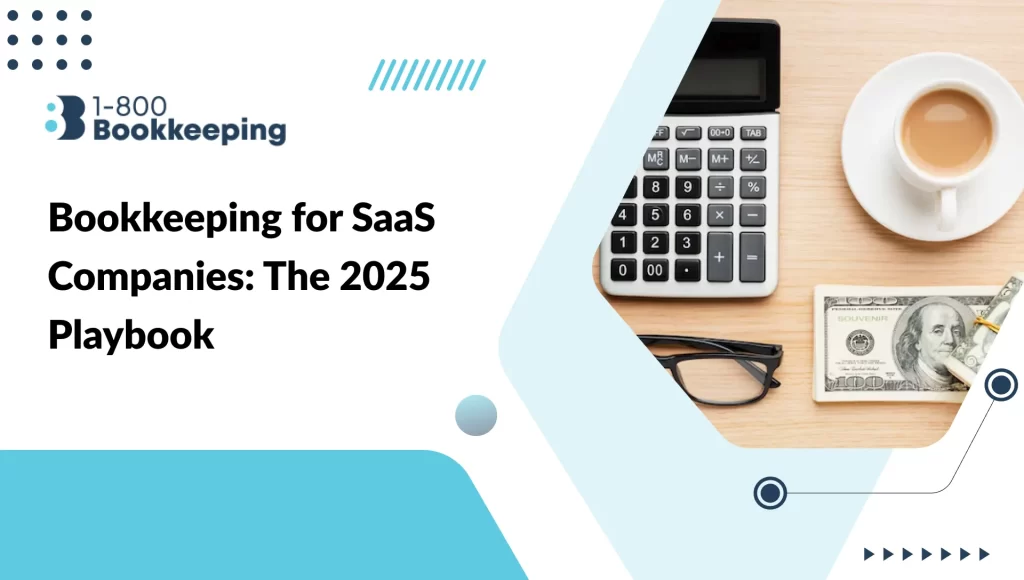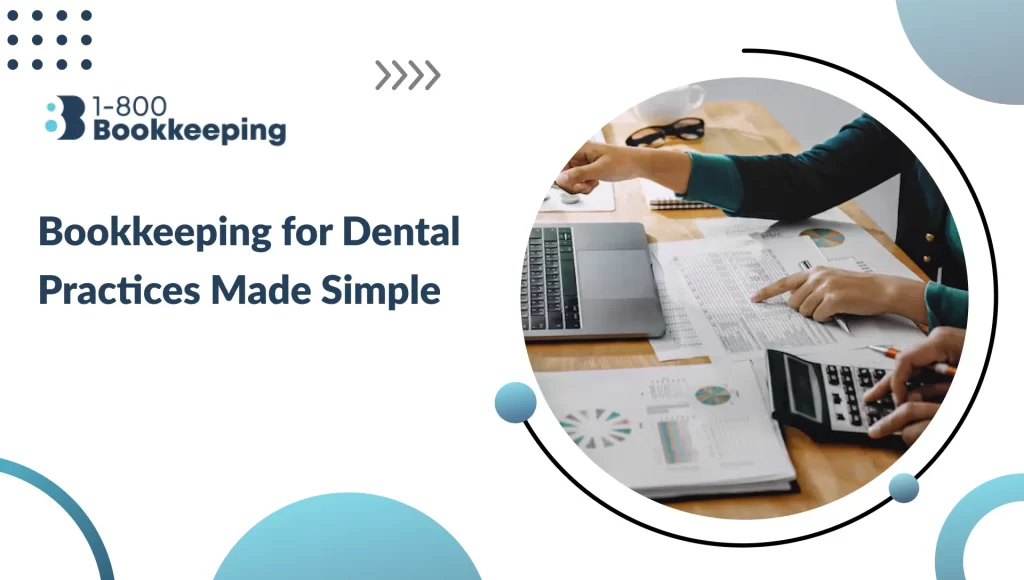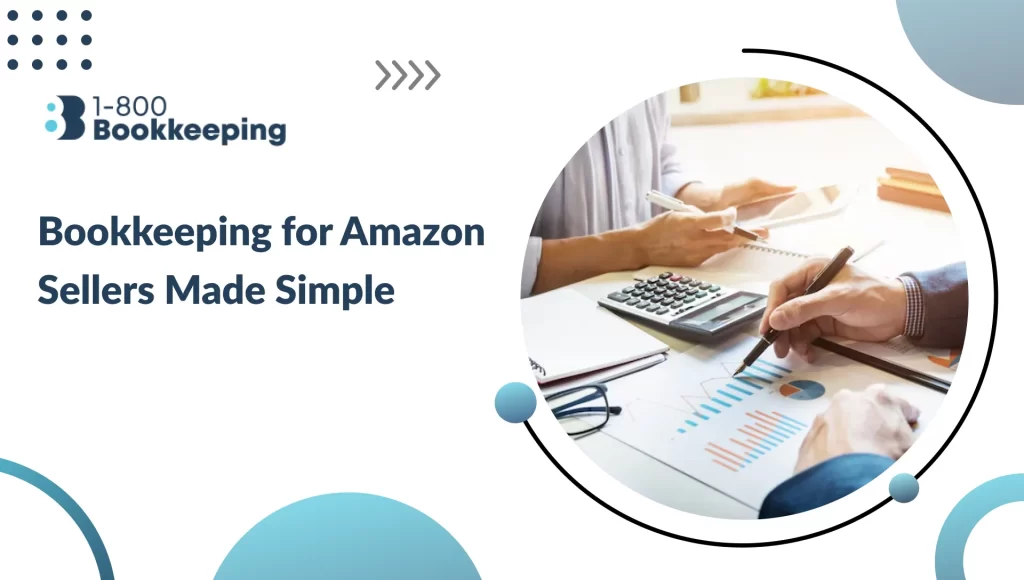Managing your finances effectively starts with understanding key banking terms. Two of the most misunderstood are ledger balance and available balance. Though they might seem similar, their differences can impact your spending, overdrafts, and financial planning. This blog dives deep into these terms, debunks common myths, and provides practical tips to help you stay in control of your money.
What is Ledger Balance and How Does It Work?
The ledger balance is a snapshot of your bank account at the end of a business day. It includes all transactions processed by the bank, such as deposits, withdrawals, and transfers. Think of it as the official record of your account’s activity.
Key Features of the Ledger Balance:
- Static for the Day: It doesn’t change until the next business day.
- Includes Cleared Transactions Only: Pending or unprocessed items don’t affect it.
- Used for Bank Reconciliation: It is the foundation for your account statements.
For example, if you deposit a check today, your ledger balance will reflect the deposit once it clears. However, it won’t consider the pending status during processing.
What is Available Balance, and Why Does It Matter?
Your available balance represents the funds you can access immediately. It factors in pending transactions, such as debit card purchases or deposit checks that haven’t cleared.
What Affects Available Balance?
- Pending Transactions: Purchases or payments made using your debit card but not yet finalized.
- Holds on Funds: Banks often place holds on large deposits or certain transactions.
- Overdraft Protection: Your available balance might reflect the additional credit limit if you’ve opted for it.
Knowing your available balance helps ayou void spending money that isn’t truly accessible. Always double-check before making significant purchases.
Simplify Your Finances with 1-800 bookkeeping
At 1-800 bookkeeping, we understand that managing your finances can sometimes feel like juggling numbers without a safety net. One area that often confuses individuals and businesses is the distinction between ledger and available balances. These banking terms might seem small, but they are significant in your financial planning, cash flow management, and avoiding overdrafts.
How We Help You Navigate Ledger and Available Balances
Our bookkeeping services are designed to bring clarity to your financial life. We help our clients stay on top of these balances by reconciling their bank accounts, ensuring every transaction is accounted for, and highlighting discrepancies that could impact your bottom line.
For instance, our team ensures that your ledger balance accurately reflects cleared transactions so your records stay current. Simultaneously, we help you monitor your available balance to prevent overspending or overdrafts. This dual approach means you’ll clearly understand your cash flow without the headaches.
Customized Insights for Smarter Decisions
We go beyond standard bookkeeping by offering insights tailored to your unique financial situation. Our experts analyze patterns in your balances, identify potential issues like delayed deposits or pending transactions, and provide actionable advice to help you make informed decisions. Whether you’re a small business owner juggling expenses or an individual managing a household budget, we’re here to simplify the process for you.
Why Choose 1-800 bookkeeping?
- Accuracy: We ensure your financial records match your bank’s ledger balance, avoiding costly mistakes.
- Timeliness: With our services, you’ll always have up-to-date information about your available funds.
- Support: Our team is here to answer your questions about ledger and available balances—or any other financial concerns you may have.
Stay in Control of Your Money
At 1-800 bookkeeping, financial clarity is key to achieving your goals. By helping you understand and manage the differences between ledger and available balances, we empower you to spend smarter, avoid unnecessary fees, and plan confidently for the future.
Need help reconciling your accounts or gaining better insight into your finances? Contact us today, and let’s simplify your financial journey together.
Key Differences Between Ledger Balance and Available Balance
Understanding the distinctions between these balances is crucial for effective money management.
| Aspect | Ledger Balance | Available Balance |
| Definition | Reflects cleared transactions only | Includes pending transactions and holds |
| Update Frequency | Updated once at the end of the business day | Updated in real-time as transactions occur |
| Purpose | The official record for reconciliation | Determines funds available for immediate use |
| Impact on Spending | Cannot be spent directly | Guides day-to-day spending decisions |
When in doubt, rely on your available balance for immediate financial decisions to avoid overdrafts or declined transactions.
Common Misconceptions About Ledger and Available Balances
Many confuse these terms, leading to unnecessary overdraft fees or financial missteps. Let’s clear up some common myths:
- Myth: “Ledger balance is always the money I can spend.”
- Fact: It doesn’t account for pending transactions.
- Myth: “Available balance reflects my true wealth.”
- Fact: Holds and pending transactions can make this misleading.
- Myth: “Both balances are the same thing.”
- Fact: They serve different purposes and are calculated differently.
Being aware of these nuances prevents unpleasant surprises on your bank statement.
How Ledger and Available Balances Affect Your Spending
Your spending power largely depends on your available balance. However, the ledger balance provides an overview of your account’s financial health.
Examples of How They Impact Spending:
- Pending Transactions: Using your debit card reduces your available balance but doesn’t immediately affect the ledger.
- Overdraft Risks: Relying on your ledger balance without accounting for pending payments can lead to overdrafts.
- Budgeting: Monitoring both balances ensures you don’t accidentally overspend.
Proactively tracking these balances keeps your finances on track and avoids costly mistakes.
Tips to Avoid Overdrafts by Understanding Bank Balances
Overdraft fees are a headache, but they are avoidable with the right approach.
1. Use Mobile Banking Apps
Most banks offer apps that display your available balance in real-time. Use these tools to check your balance before making purchases.
2. Keep Track of Pending Transactions
Manually note any purchases or payments made during the day. This way, you won’t rely solely on your ledger balance.
3. Set Alerts for Low Balances
Banks often allow you to set up notifications when your balance dips below a certain threshold.
4. Opt for Overdraft Protection Carefully
While overdraft protection can cover unexpected expenses, it often comes with fees. Use it sparingly.
Avoiding overdrafts boils down to awareness and diligence in managing your accounts.
How Do Banks Calculate Ledger and Available Balances?
Banks use different methods to compute these balances, depending on transaction timing and type.
Ledger Balance Calculation:
- Start with the previous day’s ledger balance.
- Add cleared deposits and subtract cleared withdrawals.
- Update the total at the end of the business day.
Available Balance Calculation:
- Begin with the ledger balance.
- Adjust for pending transactions and holds.
- Display in real-time throughout the day.
Banks prioritize accuracy, but delays in processing can sometimes cause discrepancies between the two balances.
Conclusion
Understanding the difference between ledger and available balance is essential for smarter money management. While the ledger balance provides an official record, the available balance determines what you can access right now.
Avoid overdrafts, manage your budget effectively, and use banking tools like mobile apps and alerts to stay on top of your finances. Ready to take control of your money? Start by monitoring your balances closely and making informed spending decisions.
Feeling Overwhelmed by Bookkeeping? We Can Help.
Running a business is demanding, and keeping track of your finances can be a never-ending chore. Many business owners need help with the complexities of bookkeeping, which can leave them frustrated and behind.
1-800 Bookkeeping offers expert services to streamline your financial processes and empower you to make informed decisions.
Our team of seasoned professionals understands the unique challenges businesses of all sizes face. We can help you:
- Free Up Valuable Time: Offload your bookkeeping tasks to our dedicated professionals.
- Gain Peace of Mind: Ensure your financial records are accurate and up-to-date.
- Make Smarter Decisions: Get actionable insights into your business performance through clear and concise reports.
- Feel Confident: Make informed financial decisions based on reliable data.
Don’t let bookkeeping hold you back from achieving your business goals. Contact 1-800 Bookkeeping today for affordable bookkeeping solutions.
FAQs
1. Can I spend my ledger balance?
No, the ledger balance reflects only cleared transactions. Always refer to your available balance for immediate spending decisions.
2. Why is my available balance lower than my ledger balance?
This happens due to pending transactions, holds, or recent purchases that haven’t cleared.
3. How long do banks hold deposits?
Depending on the bank and transaction type, deposit holds typically last 1–3 business days.
4. Can my available balance go negative?
If you’ve opted for overdraft protection, your available balance can include a negative amount.
5. Do banks charge fees for overdrafts caused by ledger balance confusion?
If you spend beyond your available balance, overdraft fees may apply.





